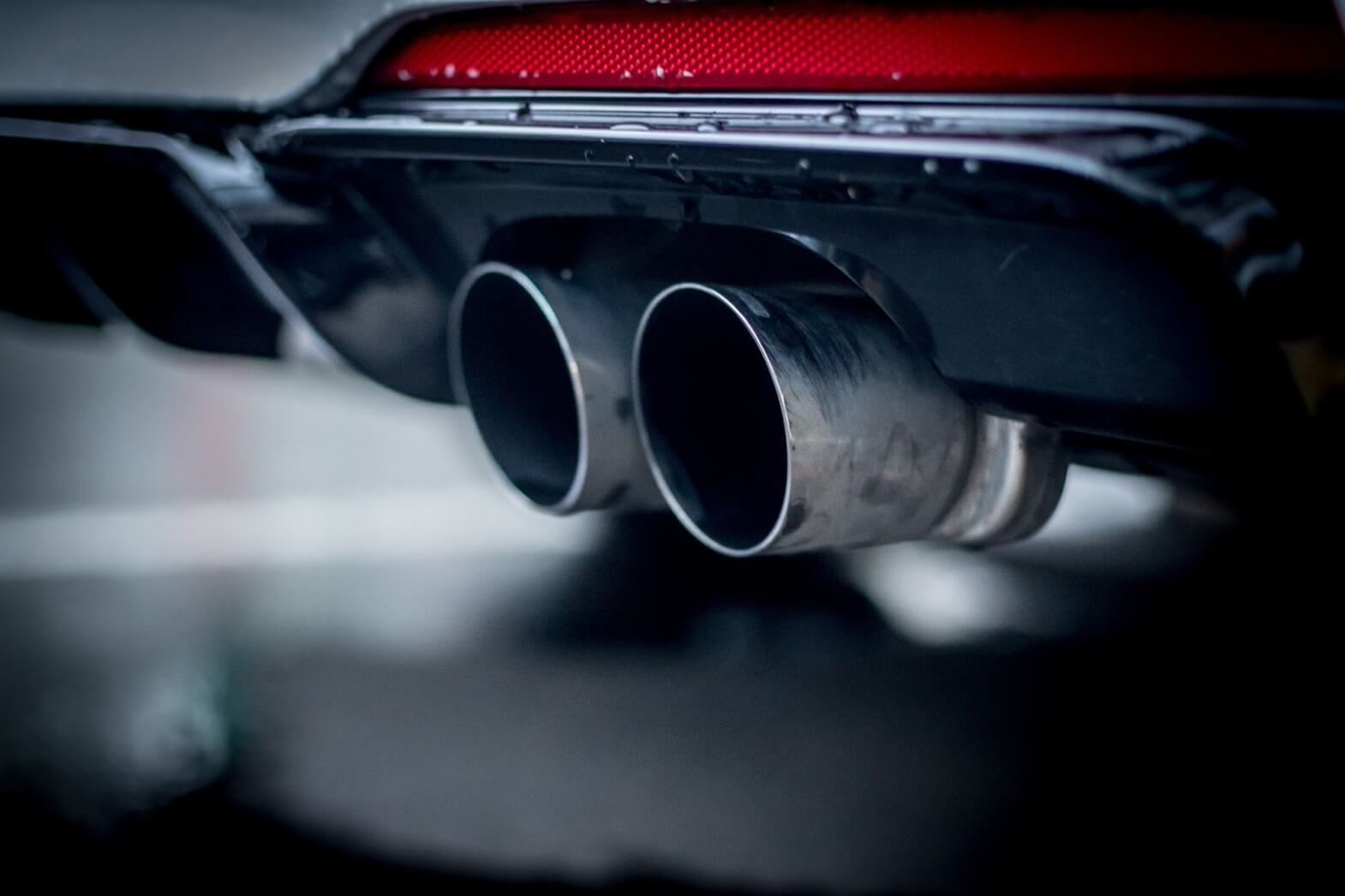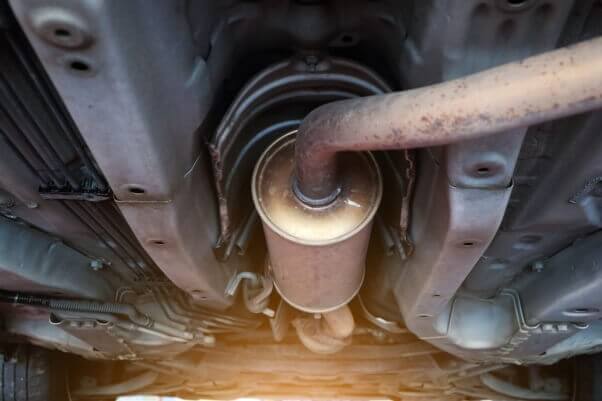Prices for scrap Ford Explorer 1997 Catalytic Converters (8 results)
Catalytic Converter Scrap Prices from Ford Explorer - December 22, 2024
- Used Gasoline catalytic converter from Ford Explorer: 18 USD – 189 USD
- Used Ceramic catalytic converter from Ford Explorer: 18 USD – 189 USD
The Value of Used Catalytic Converters from 1997 Ford Explorer
The catalytic converter is a crucial part of your Ford Explorer, playing a vital role in reducing harmful emissions. But did you know that your used catalytic converter can be a hidden treasure? This page will guide you through the value, price, and recycling options for catalyst from the Ford Explorer (1997).
Description of the Ford Explorer (1997)
Engine Specifications
The 1997 Explorer came with two engine options:
- 4.0L V6 EFI Engine: A standard 160-horsepower engine.
- 4.0L SOHC V6 Engine: An optional overhead cam V6 engine with 205 horsepower and 25 additional foot-pounds of torque.
These engines provided the Explorer with competitive power, towing capability, and fuel efficiency.
Model Modifications
The 1997 Ford Explorer was available in various trims, including the popular XLT, Eddie Bauer, and Limited models, each offering unique features and specifications.
Body Number and Fuel Types
The 1997 Ford Explorer's body number and engine numbers are essential for identifying the correct catalytic converter. The fuel types for these engines include:
- City 15/hwy 20 (4.0L SOHC engine/5-speed auto trans)
- City 18/hwy 23 (4.0L engine/5-speed manual trans)
Calculating the Value of Used Catalyst
Composition
The Trio of Precious Metals The catalytic converter's primary value lies in the metals it contains. These aren't just any metals; they are some of the rarest and most coveted on the planet:
- Platinum: Recognized for its durability and excellent resistance to corrosion, platinum serves as one of the primary metals in many catalytic converters. Its resilience makes it ideal for the harsh conditions within the converter, aiding in the breakdown of pollutants.
- Palladium: Often found in higher quantities, especially in converters of gasoline engines, palladium shares many chemical attributes with platinum, making it highly effective in the catalytic process.
- Rhodium: Though used in smaller quantities, rhodium's value shouldn't be understated. It is especially adept at breaking down nitrogen oxides, a particularly harmful emission from vehicles.
It's worth noting that the exact composition and ratios of these metals can vary based on the design, manufacturer, and specific application of the catalytic converter.
Fluctuating Prices of Precious Metals
With the fundamental value of a catalytic converter resting in its metal content, it's no surprise that the current market prices of platinum, palladium, and rhodium heavily influence the converter's price.
- Market Dynamics: Prices of these metals are subject to global demand and supply dynamics. Factors such as mining disruptions, geopolitical tensions, or increased demand in other industries can send prices soaring or plummeting.
- Economic Indicators: As with other precious metals, the prices of platinum, palladium, and rhodium can also be influenced by broader economic conditions. In times of economic uncertainty, for instance, investors might flock to tangible assets, pushing up prices.
Condition
A catalytic converter's value isn't solely dictated by its metal content. Its condition plays a pivotal role:
- Age and Wear: Over time, the efficiency of a catalytic converter can diminish, leading to a reduction in its precious metal content and, by extension, its value.
- Physical Integrity: Any signs of physical damage, such as dents, holes, or other deformities, can severely impact the price. A damaged converter may not only contain less of the precious metals but may also be deemed less effective or even non-functional.
- Contamination: Over its lifespan, a converter can become clogged or contaminated with oil, antifreeze, or other substances. Such contamination can dilute its precious metal content and reduce its operational efficacy.
Selling Options
You can sell your used catalytic converter for recycling at local catalyst buyers. To find the best prices use platforms like AutoCatalystMarket.com or the AutoCatalystMarket app.
Pain Points and Solutions
Difficulty in Finding Buyers
Solution: AutoCatalystMarket.com connects you with local catalyst buyers, ensuring a quick and fair deal.
Uncertainty About the Value
Solution: Understanding the specific characteristics of your 1997 Ford and using AutoCatalystMarket's tools can help you accurately calculate the value.
Environmental Concerns
Solution: Catalytic converter recycling is an eco-friendly option. Sell your used catalyst responsibly.
Conclusion: Your 1997 Ford Explorer's Catalytic Converter is an Asset
Your Ford Explorer's used catalytic converter is more than just a car part; it's an asset that can be turned into cash. Whether you're interested in selling or recycling, understanding the specific characteristics of your vehicle and leveraging platforms like AutoCatalystMarket.com can help you make an informed decision.










































